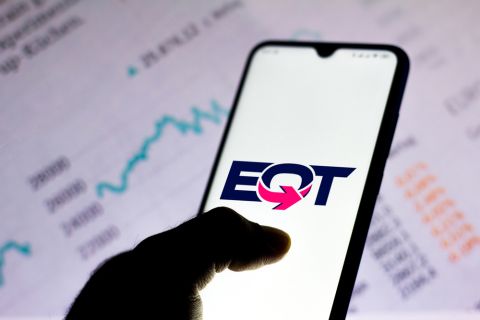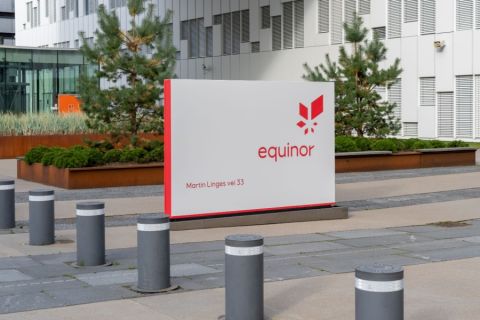Japan's Tokyo Gas said on April 5 it has signed a deal with Royal Dutch Shell for the long-term supply of liquefied natural gas(LNG), partly using a coal-linked pricing formula in an unusual move for an Asian LNG buyer.
This is believed to be the first time a Japanese buyer is using a coal-based pricing index in an LNG contract, industry observers said.
The companies signed a heads of agreement for Tokyo Gas to buy 500,000 tonnes a year of LNG for 10 years from April 2020.
Japan's second-biggest LNG buyer is stepping up its efforts to diversify its supply sources and reduce costs.
"As far as Tokyo Gas and Shell know, this is the first time a pricing formula linked with a coal index has been used with LNG contracts," a Tokyo Gas spokesman said.
A pricing formula based on coal indexation will be used for part of the supply, the spokesman said, while the rest will be priced off conventional gas- and oil-linked indexes. Tokyo Gas did not give the volumes to be done under each pricing method.
"With our long-term relationship and joint consideration, we were able to achieve an innovative agreement that would enhance further diversification of price indexation pursued by Tokyo Gas," Tokyo Gas Managing Executive Officer Kentaro Kimoto said in a statement.
In Asia, most long-term LNG contracts are linked to oil prices, while supply from the United States is typically priced off the Henry Hub Index for natural gas.
Earlier this week, however, two U.S.-based firms announced alternative pricing options for contracts being signed for their new projects, ahead of an expected flood of supplies hitting global markets this year.
The deal follows a series of innovations in LNG contracts announced at the LNG2019 conference in Shanghai, said Nicholas Browne, a Wood Mackenzie analyst.
"Coal remains the largest competitor to gas in the power sector in Asia. If the index is competitive, this could be an important step for enabling LNG and utilities to better compete with coal," Browne said.
As a gas and electricity provider trying to build its share in a competitive and liberalised power market, Tokyo Gas needs to compete with cheaper baseload coal-fired power, he said.
Recommended Reading
Matador Resources Announces Quarterly Cash Dividend
2024-04-18 - Matador Resources’ dividend is payable on June 7 to shareholders of record by May 17.
EQT Declares Quarterly Dividend
2024-04-18 - EQT Corp.’s dividend is payable June 1 to shareholders of record by May 8.
Daniel Berenbaum Joins Bloom Energy as CFO
2024-04-17 - Berenbaum succeeds CFO Greg Cameron, who is staying with Bloom until mid-May to facilitate the transition.
Equinor Releases Overview of Share Buyback Program
2024-04-17 - Equinor said the maximum shares to be repurchased is 16.8 million, of which up to 7.4 million shares can be acquired until May 15 and up to 9.4 million shares until Jan. 15, 2025 — the program’s end date.
NOV's AI, Edge Offerings Find Traction—Despite Crowded Field
2024-02-02 - NOV’s CEO Clay Williams is bullish on the company’s digital future, highlighting value-driven adoption of tech by customers.





